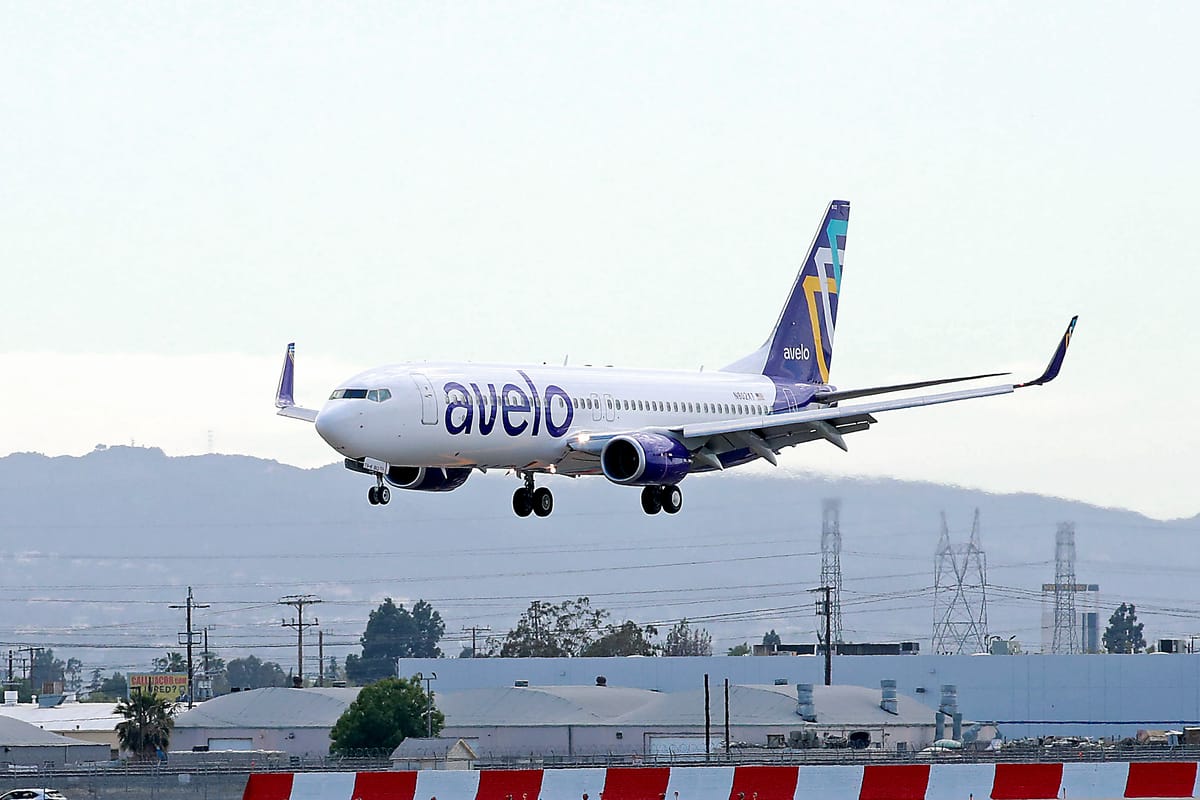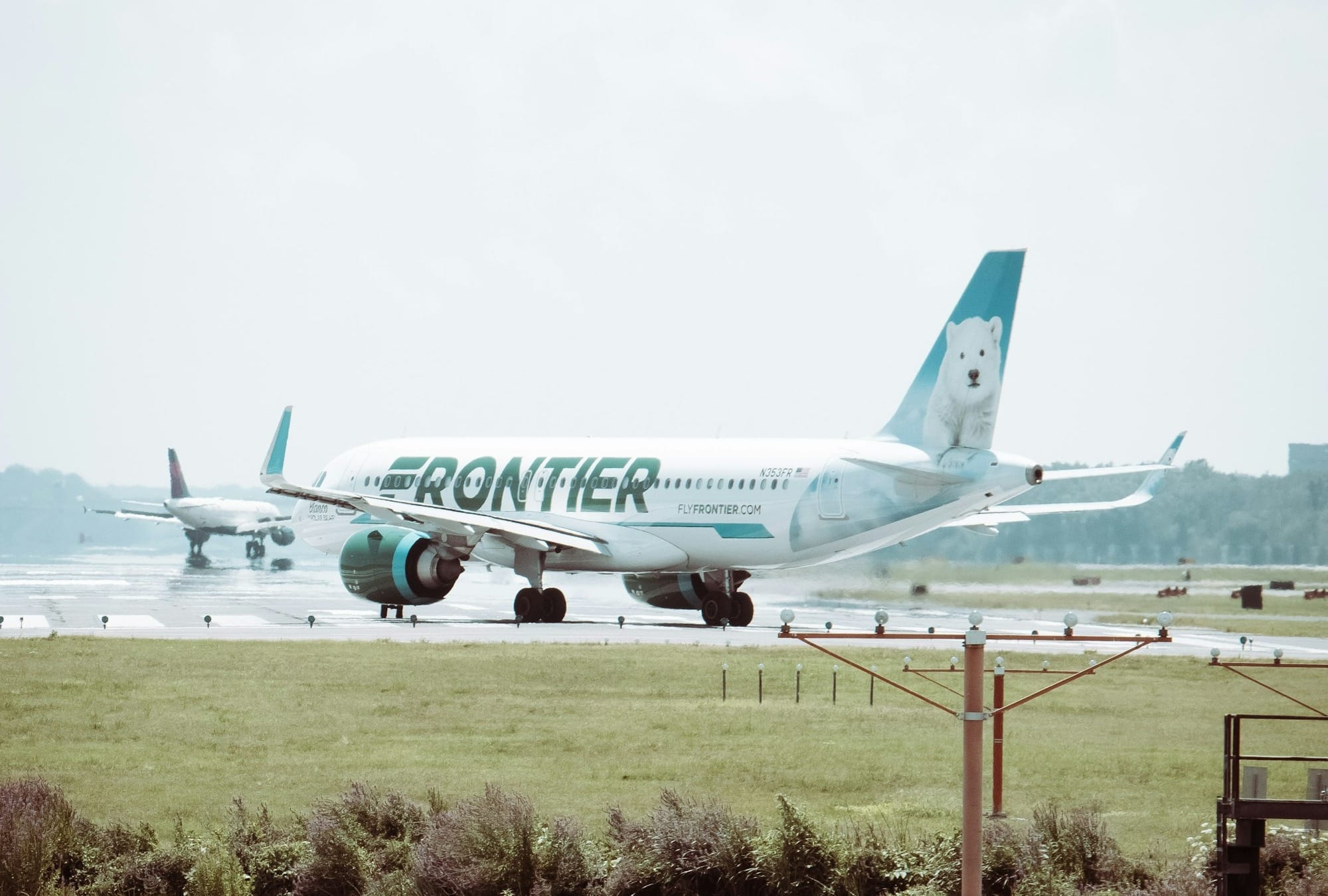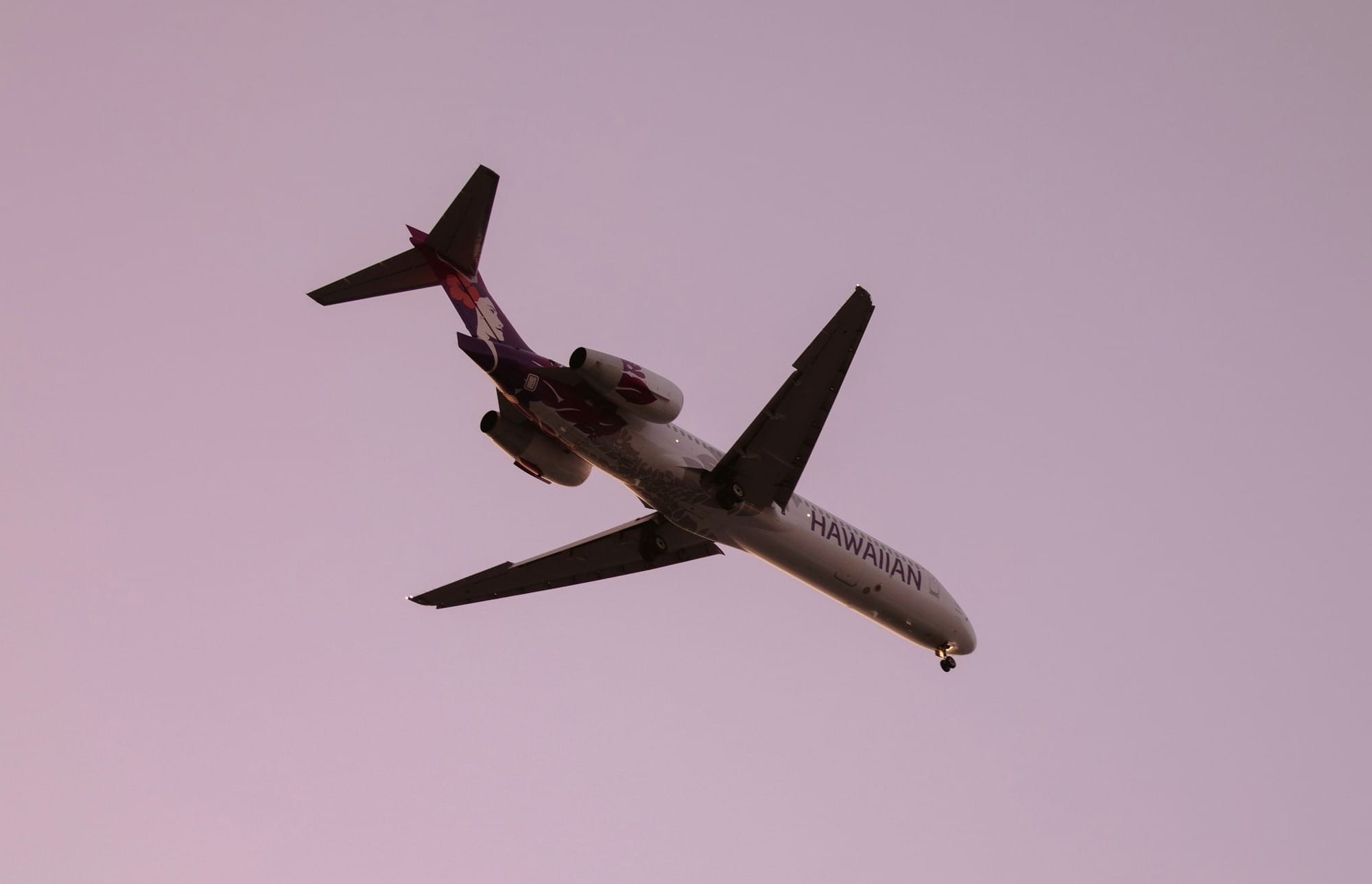Avelo Airlines Leads U.S. Airline Industry in Reliability for First Half of 2024
In a remarkable achievement for a relatively new entrant to the U.S. aviation market, Avelo Airlines has emerged as the industry leader in reliability for the first half of 2024.

Avelo Airlines Leads U.S. Airline Industry in Reliability for First Half of 2024
Key Takeaways
- Avelo Airlines achieved a 91.8% on-time arrival rate, surpassing the industry average of 79.3%.
- The airline maintained a flight completion rate of 99.7%.
- Avelo's success is attributed to its fleet strategy, point-to-point network, use of secondary airports, proactive maintenance, and efficient scheduling.
- The airline's reliability has led to high customer satisfaction and industry recognition.
Introduction
In a remarkable achievement for a relatively new entrant to the U.S. aviation market, Avelo Airlines has emerged as the industry leader in reliability for the first half of 2024. This ultra-low-cost carrier, which began operations in April 2021, has outperformed legacy carriers and other budget airlines in key metrics such as on-time performance, flight completion rate, and baggage handling.
Performance Metrics
According to data released by the U.S. Department of Transportation (DOT), Avelo Airlines achieved an impressive 91.8% on-time arrival rate for the first six months of 2024, surpassing the industry average of 79.3%. The airline also boasted a flight completion rate of 99.7%, meaning that less than 0.3% of its scheduled flights were canceled during this period.
Leadership and Strategy
Andrew Levy, Chairman and CEO of Avelo Airlines, attributed this success to the company's focus on operational excellence and customer satisfaction. "From day one, we've prioritized reliability and efficiency in our operations," Levy stated in a press release. "Our team's dedication to these principles has allowed us to consistently deliver a dependable service to our customers, even as we've expanded our network."
Factors Contributing to Success
Fleet Strategy
Avelo operates a fleet of Boeing 737 aircraft, known for their reliability and efficiency. By maintaining a single aircraft type, the airline simplifies maintenance procedures and crew training, leading to improved operational performance.
Point-to-Point Network
Unlike major carriers that rely on hub-and-spoke systems, Avelo focuses on direct, point-to-point routes. This strategy reduces the complexity of operations and minimizes the risk of delays cascading through the network.
Secondary Airports
Avelo primarily serves secondary airports in major metropolitan areas, which often have less congestion and fewer air traffic control delays compared to primary hubs.
Proactive Maintenance
The airline has implemented a robust preventive maintenance program, which helps identify and address potential issues before they can cause operational disruptions.
Efficient Scheduling
Avelo has optimized its flight schedules to allow for sufficient ground time between flights, providing a buffer against delays and ensuring smoother operations.
Industry Recognition
Industry analysts have taken note of Avelo's performance. Mike Boyd, President of Boyd Group International, a leading aviation consulting firm, commented on the airline's achievement: "What Avelo has accomplished is impressive, especially for a young carrier. Their focus on operational basics and smart network planning has paid off in terms of reliability."
Customer Satisfaction
The impact of Avelo's reliability extends beyond mere statistics. Customer satisfaction scores for the airline have been consistently high, with many passengers citing dependability as a key factor in their choice to fly with Avelo. This positive word-of-mouth has contributed to the airline's growth, allowing it to expand its route network and increase frequencies on existing routes.
Industry Impact
Avelo's success also highlights the changing dynamics in the U.S. airline industry. While legacy carriers have struggled with operational challenges and customer service issues, newer entrants like Avelo have been able to carve out a niche by focusing on reliability and customer satisfaction.
Future Challenges and Initiatives
Maintaining this level of reliability as the airline grows will be a challenge. Avelo has ambitious expansion plans, aiming to add new destinations and increase its fleet size over the coming years. Scaling up operations while maintaining high standards of reliability will require careful planning and execution.
Workforce Development
The airline is investing in training programs to ensure a steady pipeline of skilled personnel, from pilots to maintenance technicians.
Technology Integration
Avelo is implementing advanced operational management systems to optimize scheduling, crew management, and maintenance planning.
Customer Service Enhancement
The airline is expanding its customer service capabilities, including the introduction of a new mobile app to provide real-time flight information and support.

Advertising
Sustainability Efforts
Recognizing the growing importance of environmental considerations, Avelo is also focusing on fuel efficiency and exploring sustainable aviation fuel options to reduce its carbon footprint.
Financial Performance
The airline's success in reliability has also attracted attention from investors. In a recent earnings call, Avelo reported strong financial performance, with load factors consistently above industry averages. This financial stability provides the airline with the resources to continue investing in its operations and maintain its high standards of reliability.
Regulatory Implications
The broader implications of Avelo's success extend to the regulatory environment as well. The DOT has been increasingly focused on airline performance metrics, particularly in light of recent high-profile operational meltdowns at major carriers. Avelo's achievement may influence future regulatory discussions around airline reliability standards and consumer protection measures.
Conclusion
As the airline industry continues to recover from the impacts of the COVID-19 pandemic and navigate ongoing challenges such as pilot shortages and rising fuel costs, Avelo's success provides a model for operational resilience. The airline's focus on reliability has not only set it apart from competitors but has also raised the bar for the industry as a whole.
Looking ahead to the second half of 2024, Avelo aims to maintain its position as the most reliable airline in the U.S. CEO Andrew Levy stated, "We're proud of what we've achieved, but we're not resting on our laurels. Our team is committed to continuous improvement and innovation to ensure we keep delivering the reliable service our customers have come to expect."
Summary
Avelo Airlines has set a new standard for reliability in the U.S. airline industry for the first half of 2024. By focusing on operational excellence, smart network planning, and customer satisfaction, this young carrier has achieved impressive performance metrics and high customer satisfaction. As the airline continues to grow, maintaining this level of reliability will be crucial for its ongoing success.
Q&A Section
Q: What is Avelo Airlines' on-time arrival rate for the first half of 2024?
A: Avelo Airlines achieved a 91.8% on-time arrival rate for the first six months of 2024.
Q: What factors contribute to Avelo's high reliability?
A: Avelo's high reliability can be attributed to its fleet strategy, point-to-point network, use of secondary airports, proactive maintenance, and efficient scheduling.
Q: How has Avelo's reliability impacted customer satisfaction?
A: Avelo's reliability has led to high customer satisfaction scores, with many passengers citing dependability as a key factor in their choice to fly with the airline.
Q: What are Avelo's future plans to maintain reliability?
A: Avelo plans to invest in workforce development, technology integration, customer service enhancement, and sustainability efforts to maintain its high standards of reliability as it grows.
Q: How has Avelo's success influenced the airline industry?
A: Avelo's success has set a new benchmark for reliability, prompting other major carriers to announce initiatives to improve their own operational reliability.








